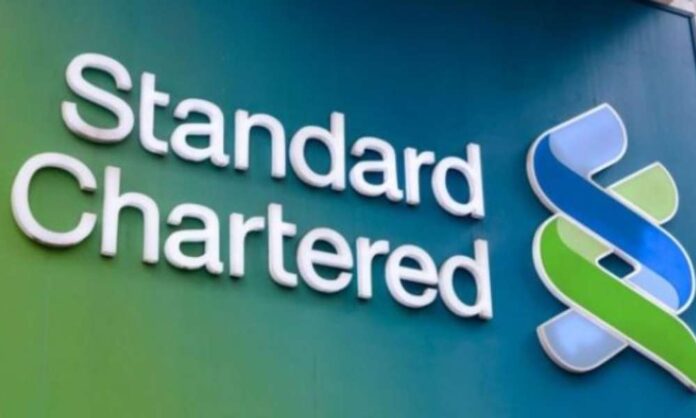Standard Chartered’s latest survey into affluent (comprising emerging affluent, affluent and high net worth) consumers in 12 markets across Asia, Africa, the Middle East and UK, revealed that in Pakistan 92 per cent of them have reset their life goals following the pandemic. At the same time, for 50 per cent of the respondents, COVID-19 has diminished their confidence in their finances, preventing them from taking the actions necessary to achieve their new goals.
COVID-19 has prompted the affluent in Pakistan to become more future-focused when resetting their priorities: half (49 per cent) of people have set the goal to ‘to improve my health’, followed by 40 per cent of people setting the goal of setting aside more for their children’s future (education or financial support).
To meet these new goals, the affluent need new strategies to grow their wealth, which often involves more proactive investment rather than just saving cash. However, their current ‘confidence gap’ has made many increasingly averse to risk, potentially stopping them from putting their money to work, through investing or making use of digital tools that simplify wealth management.
The ‘confidence gap’ is greater for the emerging affluent
The emerging affluent have disproportionately suffered a loss of confidence, with almost half (47 per cent) reporting less confidence compared with 30 per cent of high net-worth (HNW) individuals. That means those lower down the wealth spectrum, still establishing their finances, stand to lose out more if they do not have the support to rebuild their confidence.
For the affluent across the wealth spectrum in Pakistan, the three most common factors impacting their confidence were ‘volatility in financial markets’ (35 per cent), ‘fear of poor returns on investments’ (29 per cent) and ‘lack of time to devote to planning and research’ (25 per cent).
Retirement is at risk
A late start to retirement planning, combined with the pandemic-induced confidence gap, leaves a significant proportion of affluent consumers at risk of a shortfall for their retirement. The survey found that 44 per cent of people do not currently save/invest for retirement. For those that do, ‘investment income’ (43 per cent) and ‘cash savings / deposits’ (42 per cent) are the most common expected sources of income in retirement. At the same time, 46 per cent plan to retire before the age of 65 and 13 per cent have set a new financial goal of retiring early. This shows a disconnect between current actions and future expectations, if a confidence gap is holding them back from investing.
A pro-active approach can help the affluent regain control
Globally, almost all (94 per cent) of investors who had tried more than five new investments or investment strategies reported being happy with their finances. Whether it is diversifying into new asset classes, new investment strategies to rebalance their portfolios, or exploring sustainable investing, the survey revealed that more hands-on investors are happier with their finances.
In Pakistan, almost all (94 per cent) of those who have made five or more changes to their portfolios, following the pandemic, are happy with their investment portfolio.
Zaigham Sherrif, General Manager Personal Segment, Standard Chartered Bank Pakistan said “The study shows that Adapting to their post pandemic needs, ‘44% of people are setting aside more money for the future, while 38% are now researching new financial products and 32% are now setting ‘new targets for performance / value of any investments’. Rethinking their priorities, 36% of the people want to make their finances more future proof and secured now, as per the market volatility and low interest rates.”
Hence, cash savings have become insufficient to meet the growing financial needs over longer life spans. The affluent people must make long term investments, with a global bank like Standard Chartered, as we have all the resources and expertise to empower our customers to build diversified portfolios of investments and to enjoy a comfortable retirement, with many lucrative opportunities.” He added.
Zaigham further said: “Digital Banking and investments on the go can now help them save for unforeseen events and top priorities like children’s education, as the consumers seek complementary sources of returns, with an increased inclination towards a healthier lifestyle.”


